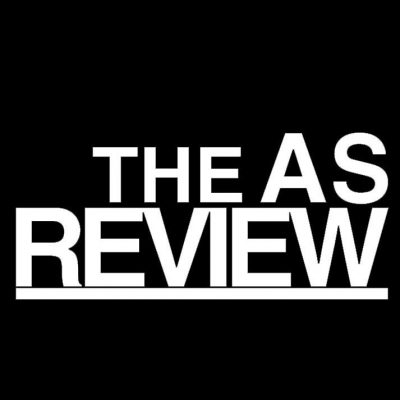By Hailey Murphy
With intentional overdoses as means to commit suicide, a national opioid crisis and growing environmental concerns regarding clean water, it’s more important than ever to properly dispose of your medications.
Despite popular belief, however, you can’t just flush medications down the toilet. Disposal of medications is often more complicated, more expensive and much more inconvenient in neighborhoods where disposal sites aren’t readily available.
Uncontrolled medications like antihistamines or high blood pressure medications can be returned to pharmacies. However, controlled medications, such as OxyContin, Vicodin and Ritalin have to be taken to a police department.
“If you walk into the pharmacy you’ll see these lockboxes…the pharmacist will go over, they will unlock it and then you can toss your medications in there,” said KaSandra Church, Western’s suicide prevention coordinator. “You can black out your name– they just want to see what it is. And they want to see what it is, not because of a privacy breach but because the pharmacies can’t take back controlled substances. And that’s not a Washington thing, that’s a national thing.
Another way to dispose of medications is to get involved in National Prescription Drug Take Back day, held by the Drug Enforcement Agency. The DEA holds this event twice a year in communities across the country, in which you can drop off unwanted medications. The next drug take back day will be April 28, and there will be a location in Whatcom County. Locations for the event will be posted to the DEA website on April 1.
All this being said, disposing of medications is inconvenient, which results in dangerous medications lingering in your medicine cabinet. These medications can end up in the wrong hands, and it’s for this reason that students and faculty involved in the Suicide Prevention Advisory Committee started discussing having a drug take back program on campus.
“It’d be aimed at being a safe disposal method on campus for unused medications, including controlled substances, and would be aimed at reducing the likelihood of intentional misuse or accidental use,” said Sarah Cederberg, a student at large on the Suicide Prevention Advisory Committee.
By eliminating access to lethal means like controlled substances, suicides can be prevented.
“We encourage people to either dispose of their unwanted drugs or lock them up so that they’re out of the hands of others,” said Church. “Most individuals in Washington who attempt suicide use firearms, but for women nationally the preferred means is through overdosing.”
Unfortunately, the implementation of a drug take back program was never followed through. Discussions were had between committee members, the Whatcom County Health Department and Bellingham Police Department. According to Church, however, there wasn’t enough buy-in for the idea, so the effort fizzled out before it started.
Additionally, there are many costs associated with such a program, like storing the drugs in a safe location, transporting them to an incineration sight and then the incineration itself.
That being said, there are many reasons why you should care about drug disposal. Besides preventing suicides, properly disposing of medications is good for the environment.
Don’t just throw your medications in the trash, for example, because those drugs end up in landfills and pose a danger to wildlife.
As stated on the Washington Poison control website takebackyourmeds.org: “Drugs can be very toxic for people and wildlife, even in low doses. Just as we do not put used motor oil or leftover paint thinner in the trash, we should not put these extremely potent pharmaceutical chemicals into unsecure curbside trash cans.”
You shouldn’t flush medications down the toilet, either. These medications end up back in our water systems, which is harmful to marine populations.
This problem is widespread, especially in the Pacific Northwest. The issue was even featured on The Late Show with Stephen Colbert, in which he cited a report from environmental scientists stating that salmon in the Puget Sound are filled with drugs such as Prozac, Aleve, Tylenol, Zoloft, OxyContin and many more.
“The Puget Sound salmon even tested positive for cocaine,” said Colbert.
Besides harming wildlife, flushing of drugs can be harmful to people as well. These drugs get into our water supply, and according to Church, they’re rather difficult to filter out, meaning people could ingest them as they drink.
Another issue with improper drug disposal is that controlled substances are highly addictive– that’s how they come to be controlled in the first place. By disposing of medications, you take them out of the hands of those who could potentially abuse them.
“Many people who go on to have issues with substances like heroin– and as we’re seeing now, issues with substances like fentanyl that too many people tragically end up overdosing and dying from– a lot of those individuals start with painkillers and medications that they find in their parents medication cabinet,” said Church.
If you think implementing a drug take back program on campus would be a good idea, contact members of the AS Board like AS VP for Student Life Annie Gordon. Or, if you’re feeling inspired to get rid of some old medications, take them to a pharmacy! There is one local pharmacy, the Walgreens on Sunset Dr., that can take controlled medications, according to Church.

